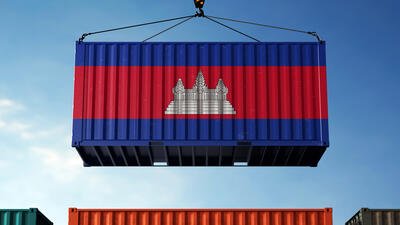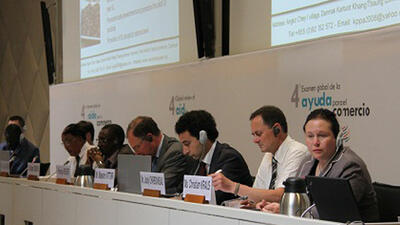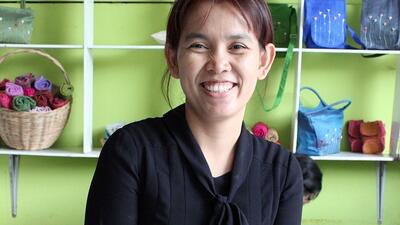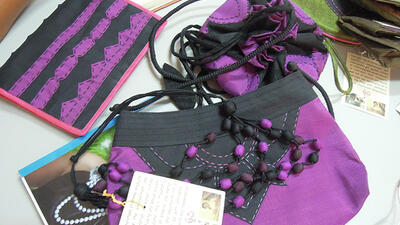Majority of Cambodian firms affected by NTMs
Almost 70% of companies in Cambodia are affected by non-tariff measures (NTMs) and related obstacles, according to a survey of over 500 trading companies, conducted by the International Trade Centre (ITC). Clothing and rice, which make up the majority of Cambodian exports, enjoy preferential access in key markets. Still, exporters say that they face difficulties in obtaining certificates of origin, with this problem accounting for almost three-quarters of all reported cases of burdensome NTMs. The second largest obstacle for exporters is a lack of quality-management infrastructures, for example accredited certification bodies.
These issues and other results of the survey were discussed during a national stakeholder meeting organized by ITC in collaboration with the Supreme National Economic Council (SNEC) in Phnom Penh at the end of March. The workshop brought together participants from various private enterprises, public institutions and international organizations. The aim of the workshop was to find technical recommendations and pragmatic solutions to problems identified during the survey.
NTMs, which include a variety of regulations on imports and exports, for example pre-shipment inspection, quotas and rules of origin, as well as technical measures (for example, requirements to product characteristics and quality) have become a major impediment to international trade as companies struggle to comply with an increasingly complex web of policies and, at times, opaque technical standards.
Mr Samidh Shrestha, an ITC consultant, said: “Difficulties in obtaining the certificate of origin from public agencies are hindering Cambodian companies from fully benefitting from generous preferences offered by partner countries.” He added that many of these problems can be attributed to information gaps as many exporters are not familiar with regulations and processes and are usually required to modify their applications for the certificates of origin multiple times.
Fresh-food obstacles
Speaking about the difficulties faced by fresh food exporters, Ms Olga Solleder, an ITC Market Analyst, said: ‘The ability of companies to export is restricted because of a lack of accredited certification bodies in Cambodia. Exporting companies have to send samples abroad or use the services of foreign certification companies which results in significantly higher costs and longer processing times.’
Mr Sok Siphana, a ministerial adviser at SNEC, said: "It is important for Cambodia to have an internationally recognized standards system in place, to facilitate trade and to ensure good value for exported products.” He stressed that the results of the survey provide a valuable insight into the problems faced by the business community and should be taken into account when developing industrial policy and the next five-year economic strategies of Cambodia.
ITC is currently working with the private sector in 27 countries, including Cambodia, to identify barriers to trade and provide advice to governments on how to overcome and reduce them. Understanding enterprises’ key concerns with NTMs can assist governments to better define national strategies and policies and take concrete steps to alleviate the problems, for example by building national capacity in complying with technical regulations.









